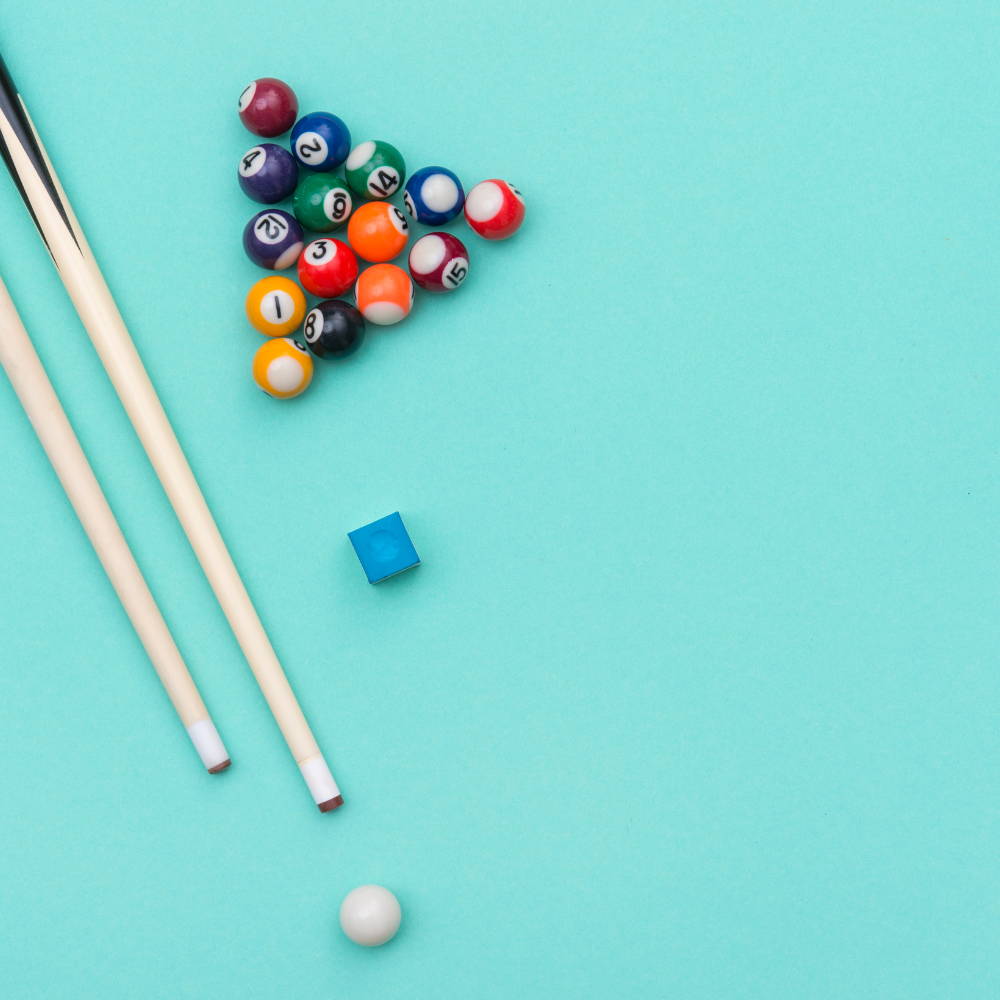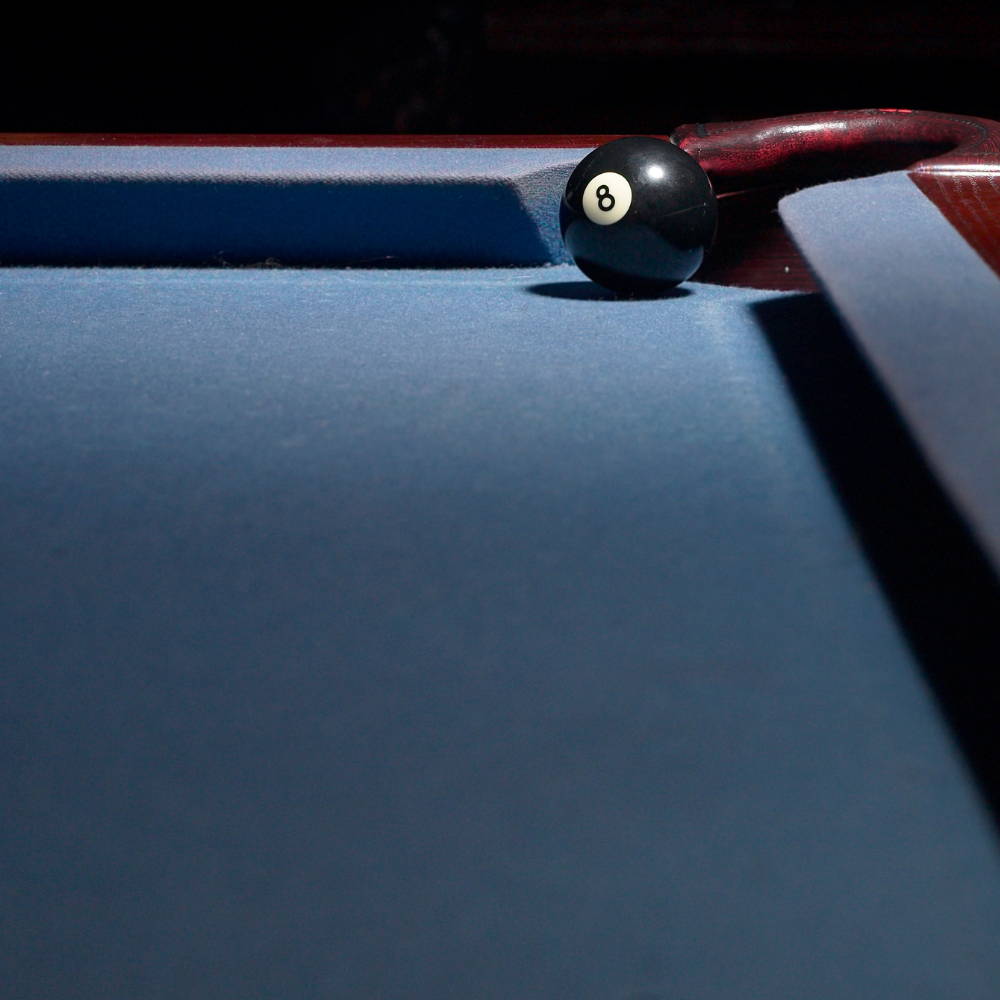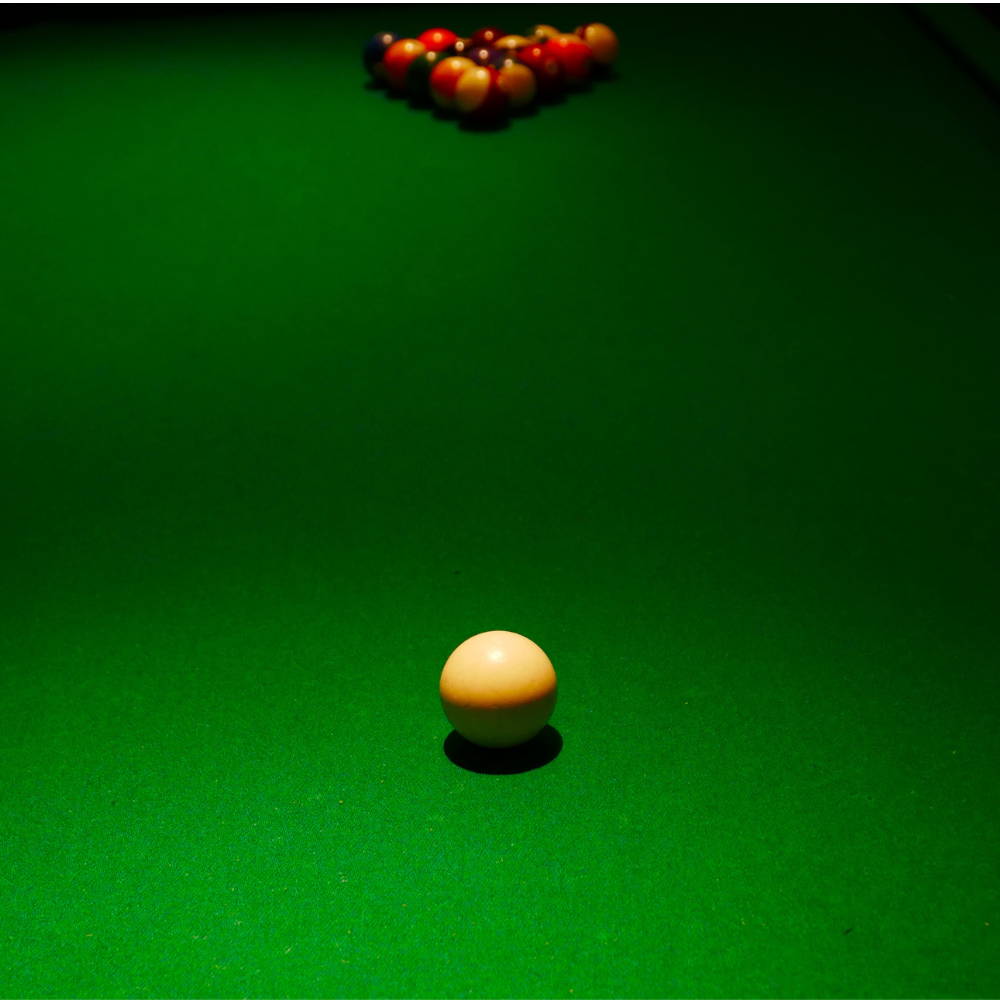Making the Most of Your UK Pool Table Session: Tips and Techniques
If you're an avid fan of pool or just someone who likes to indulge in a game now and then, making the most of your time on a UK pool table can improve your skills, focus, and overall enjoyment. This article dives deep into techniques, strategies, and tips to make every pool session a worthwhile experience.

1. Understand the Game
To start, it's crucial to understand that UK pool, or "British pool", is different from its American counterpart. The tables are smaller, pockets tighter, and the balls are red and yellow, in contrast to the solids and stripes of American pool. Familiarising yourself with these distinctions is the first step to mastering the game.
2. Selecting the Right Cue
Your cue is an extension of your arm. You need a cue that feels comfortable and balanced in your hand. When selecting one:
- Check the cue's straightness by rolling it on a flat surface.
- Ensure it's the right weight and length for your physique.
- Maintain your cue, keeping the tip in good condition, and replace it if it wears down.
3. Stance and Grip
A proper stance offers balance and stability. Your legs should be shoulder-width apart, with the right foot (for right-handed players) slightly back. Lean over the table, but avoid excessive bending. The grip on your cue should be relaxed but controlled—imagine shaking someone's hand.
4. Cue Action and Aiming
The most crucial part of the game is being able to hit the cue ball accurately:
- Focus on a smooth backswing and a controlled follow-through.
- Aim for the "ghost ball" technique. Imagine where the cue ball needs to be to pot the object ball. Then, aim for that "ghost" position.
- Practice different spins and swerves. It’ll add versatility to your shots.
5. Perfecting the Break
Your break can set the tone for the game. For an impactful break:
- Position the cue ball to the side of the table.
- Aim straight on the second ball in the rack.
- Use your whole body, not just your arms, to generate power.

6. Defensive Play
In UK pool, strategic defensive shots can be as crucial as potting balls:
- Use snookers to hide the cue ball behind another ball, making it difficult for your opponent to make a legal shot.
- If you can't pot, think of how to leave the cue ball in a position least advantageous for your opponent.
7. Mastering Positional Play
It’s not just about potting the ball—it’s about where the cue ball ends up afterwards:
- Always think three shots ahead.
- Practice cue ball control, understanding how to use spins effectively.
- Use the cushions to your advantage.
8. Stay Calm and Collected
Your mental game is as essential as your physical technique:
- Take deep breaths if you feel nervous.
- If you miss a shot, don't dwell on it. Refocus on the next opportunity.
- Develop a pre-shot routine to calm nerves and ensure consistency.
9. Learn from the Pros
There are numerous British pool championships broadcasted annually. Watching professionals play can offer insights into strategies, techniques, and decision-making processes. Pay attention to their shot choices, positioning, and even their reactions to mistakes.
10. Practice, Practice, Practice
There's no substitute for practice. Dedicate time to:
- Work on specific shots you find challenging.
- Play against better opponents. They will push you to improve.
- Consider getting a coach or mentor for personalised feedback.
The Differences in Equipment
While we previously discussed the difference in ball colours, there's more to consider:
- Table Size: UK pool tables are typically 7 feet in length, while American tables can range from 7 to 9 feet. The smaller table means there's less room for error and a greater emphasis on ball placement.
- Cloth: UK pool tables generally use a nap cloth, meaning there's a directional pile that can influence the roll of the ball. Brushing the table helps maintain the nap, but players need to understand its influence when playing shots, especially slow rolls.
- Ball Size: UK pool balls are smaller (around 2 inches in diameter) than American balls. This means they react differently on impact, especially during breaks.
Importance of Safety Play
Safety play, or tactical play, is even more critical in UK pool given the smaller table size:
- Blocking Pockets: If you can't pot a ball, consider leaving your ball over a pocket. This can block your opponent from potting their balls and gives you an advantage in future shots.
- Distance and Angles: If you can't snooker your opponent, at least try to leave the cue ball as far away from their next ball as possible. If you can also leave a challenging angle, even better.
Strategic Shot Selection
- Clearing Problem Balls Early: If you have a ball in a difficult position, try to address it as soon as possible. The more balls you pot without dealing with problem balls, the fewer options you'll have to address them later.
- Middle Pockets: The jaws of the middle pockets on a UK pool table are notorious for being tricky. Practice approaching these pockets from various angles to build confidence.
Fitness and Endurance
- Stamina: Even though pool may not seem physically demanding, long sessions or tournaments can be exhausting. Building your stamina can help you maintain concentration and physical precision.
- Exercises: While general fitness is beneficial, specific exercises can improve your game. Focus on your core strength and arm stability. Yoga or Pilates can enhance balance and flexibility, both vital for pool.
The Social Aspects
- Joining a League: Playing in a local league can introduce you to various playing styles and strategies. You’ll learn faster by facing different opponents.
- Respect and Etiquette: Pool, like all games, has an etiquette. Acknowledge good shots by your opponent, avoid distractions when it's their turn, and always shake hands at the beginning and end of a match.

Conclusion
UK pool is a game of strategy, precision, and mental strength. Whether you're playing casually with friends or considering entering competitive games, the key is consistency and continuous learning. Embrace every opportunity to refine your technique, learn from mistakes, and always keep the love for the game alive. Every session on the pool table is a chance to improve, challenge yourself, and most importantly, have fun!
Are you looking for a Pool Table? check out our pool tables range Pool Tables





